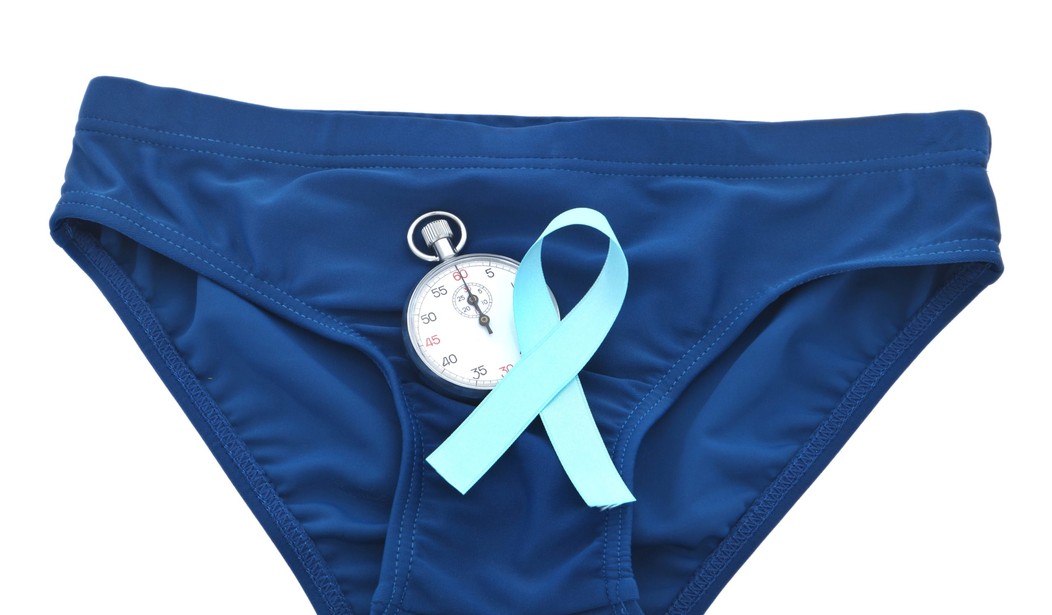Scientific research from the past decade has suggested that there might be a link between more frequent ejaculation and a decreased risk of prostate cancer among men. Many of the most reliable methods of prevention are less sexy, however.
A 2016 study in European Eurology found that men who ejaculate 21 times or more per month were less likely to develop prostate cancer than those who ejaculated 4-7 times per month. This was a follow-up study from a 2004 Journal of the American Medical Association (JAMA) study that reported similar results.
Other studies have presented conflicting results, however. A 2008 study published in the urology journal BJU International found a link between frequent masturbation and reduced risk of prostate cancer — but only in men over 50. Researchers in the study found that men in their 20s and 30s who ejaculated more often were actually at an increased risk of prostate cancer.
A 2003 study from Australia, also published in BJU International, found that men who frequently ejaculated as young men were less likely to get prostate cancer.
In short, the link between frequent ejaculation and reduced prostate cancer risk is complex and not fully understood. It may well be that ejaculating regularly after age 50 will help prevent such cancer, or that doing so at any time will have a similar effect. But frequent ejaculation in younger years may actually increase that risk.
Research from the Department of Health and Human Services in 2014 found three less sexy ways to reduce the risk of prostate cancer: not smoking, regular exercise, and taking 5-alpha-reductase inhibitors. While smoking and exercise are easily available options, the U.S. Food & Drug Administration (FDA) has not yet approved 5-alpha-reductase inhibitors for prostate cancer prevention.
The American Society of Clinical Oncology suggested dietary measures to stave off prostate cancer. Specifically, diets high in fruit and vegetables might reduce the risk of this cancer, while those high in fat may increase such risk.
The oncology society also reported various factors that make prostate cancer more likely among men. Unsurprisingly, age proved the most critical factor, as over 80 percent of prostate cancer cases affect men over 65. Race also plays a role, as black men are more susceptible than white men, and whites more susceptible than Hispanics.
Family history and genetics also predispose some men to risk of prostate cancer, as does exposure to Agent Orange, which the U.S. Department of Veterans Affairs has linked to the cancer. Finally, diet is widely considered a factor, but studies are as yet inconclusive.
As long as the science remains unsettled, young men should not decide on sexual habits based on avoiding prostate cancer. It is much more likely that frequent ejaculation will be effective for men over 50, however.
It may be more popular to suggest that ejaculation is the key to staving off prostate cancer, and many studies do point in that general direction. But the less sexy solutions may be more reliable: no smoking, more exercise, and a better diet.









Join the conversation as a VIP Member